by Michele Diomà
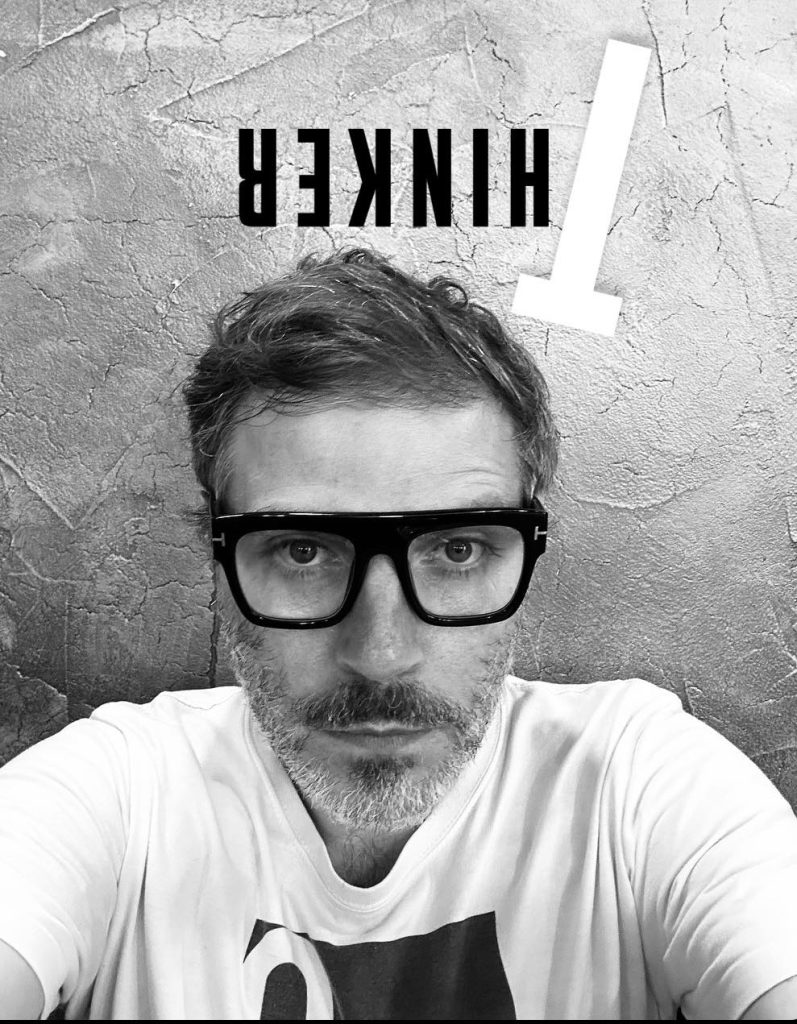
I discovered Louis Nero’s cinema about 15 years ago. I was in Rome, and as often happened in those years, I spent many hours in video rental stores searching for rare films. It was a time (just to give younger readers some context) when you needed a DVD to watch a movie.
Suddenly, I was drawn to a title: La Rabbia (“The Rage”). I had no idea who the director was, but I felt like that film was calling out to me—it told the story of a young independent filmmaker struggling to navigate the film industry. I bought the DVD, and from that day on, I’ve followed Louis Nero’s entire career. I can confidently say he is the most international of Italy’s independent directors.
I recommend reading this interview especially to those who loved Taxi Driver and Pulp Fiction, because in Louis Nero’s upcoming film Milarepa, which will be released soon, you’ll find none other than Harvey Keitel, along with Academy Award winner F. Murray Abraham—the unforgettable co-star of Amadeus.
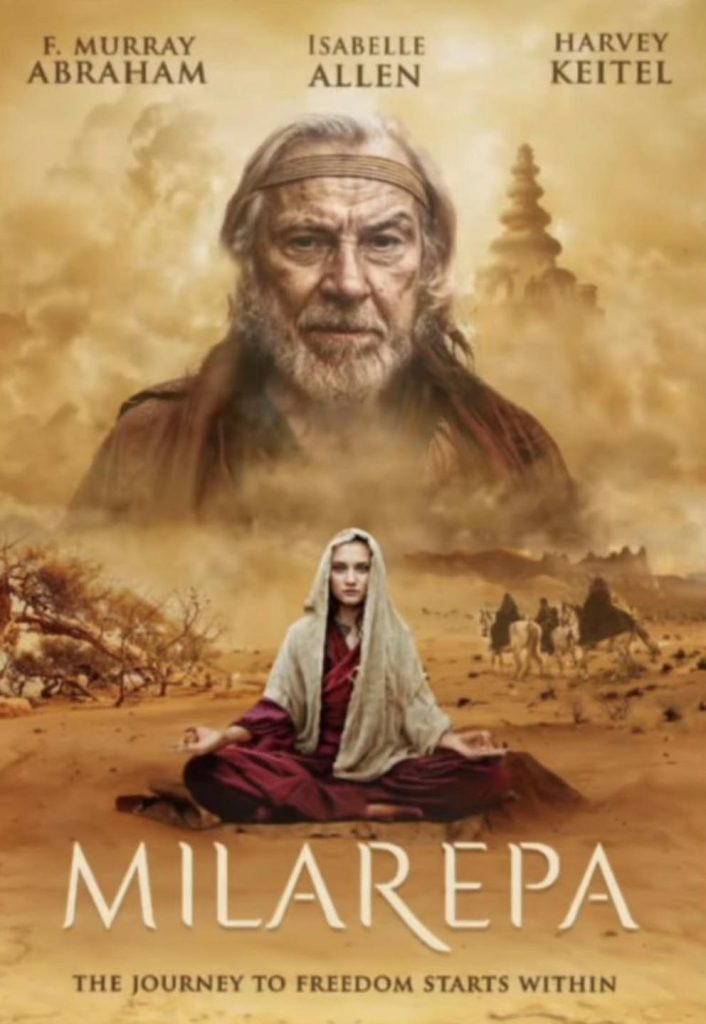
– Who is Louis Nero?
I’m an independent filmmaker and producer deeply committed to a kind of cinema that dares to go beyond conventions. Over the years, I’ve always tried to explore the intersection between image and meaning, body and spirit, using the language of cinema to ask questions rather than give answers. My work is driven by a desire to push boundaries—narrative, visual, and cultural. I believe cinema must remain a space for thought, vision, and transformation.
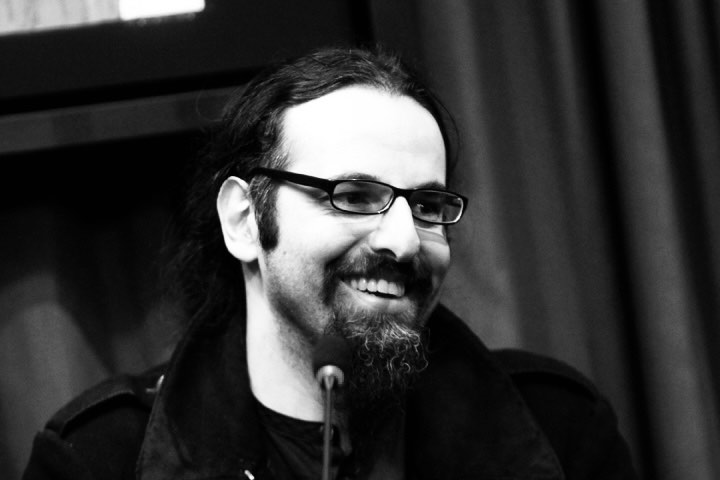
– Do you remember the exact moment you fell in love with cinema?
Yes, and it was visceral. I remember being a child and being completely hypnotized by the first film that made me feel time disappear. It wasn’t just about storytelling—it was about the power of images to transcend language and logic. That sensation of being immersed in another world, while still being deeply connected to yourself, never left me. From that moment on, I knew I wanted to be part of that mystery.
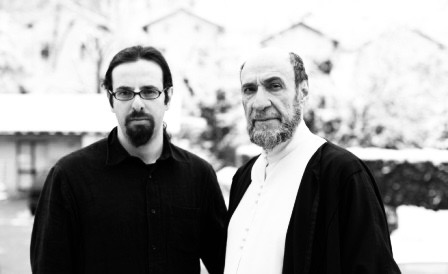
– Tell us about your project “Milarepa.”
Milarepa is a science fiction film, but it reimagines the genre through an original, almost spiritual lens. Set in a post-technological future where humanity has returned to its origins, the film shifts the focus back to human beings, away from the ephemerality of materialism and toward a confrontation with nature, memory, and belief. Rather than relying on spectacle or action, Milarepa is an intimate journey, one led by a young female protagonist who navigates not just a ruined world, but her own emotional landscape—trauma, vengeance, and eventually, forgiveness. The film draws inspiration from Mad Max, but replaces the kinetic drive of action with introspection. It’s a hybrid of science fiction and contemplative cinema. We also placed great emphasis on Sardinian landscapes and traditions, enriching them with a multicultural sensibility—mixing Sardinian and Tibetan music, and involving a multi-ethnic cast. The idea was to reflect a future that looks like our present: diverse, fractured, but searching for connection.
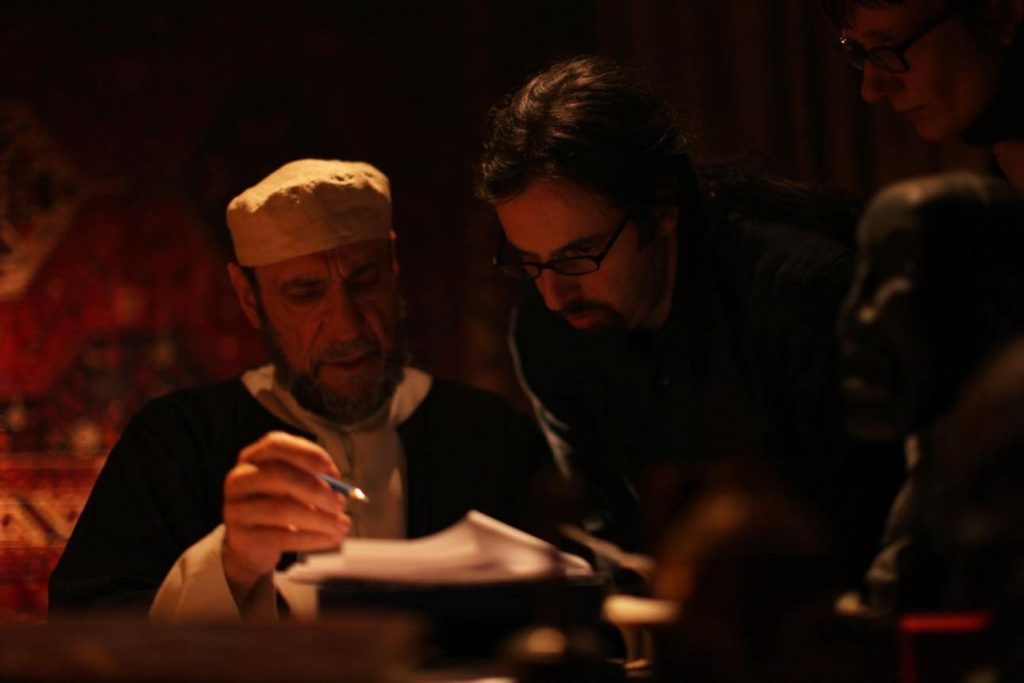
– Which director inspires you the most?
I’ve always been inspired by directors who were visionaries—people like Stanley Kubrick and David Lynch, who redefined genre and structure with each film. But I also deeply admire Tarkovsky for his ability to make cinema a philosophical act. Directors who understand that silence can be as powerful as dialogue, and that space and time are characters in themselves, have shaped the way I approach storytelling.
– What do you dislike about the world and what would you change?
What I find most difficult to accept is the loss of depth in human experience. We are constantly distracted—speed has replaced thought, noise has replaced silence. I would change our relationship with time. We need to return to slowness, to listening, to contemplation. And perhaps, through art, we still can.
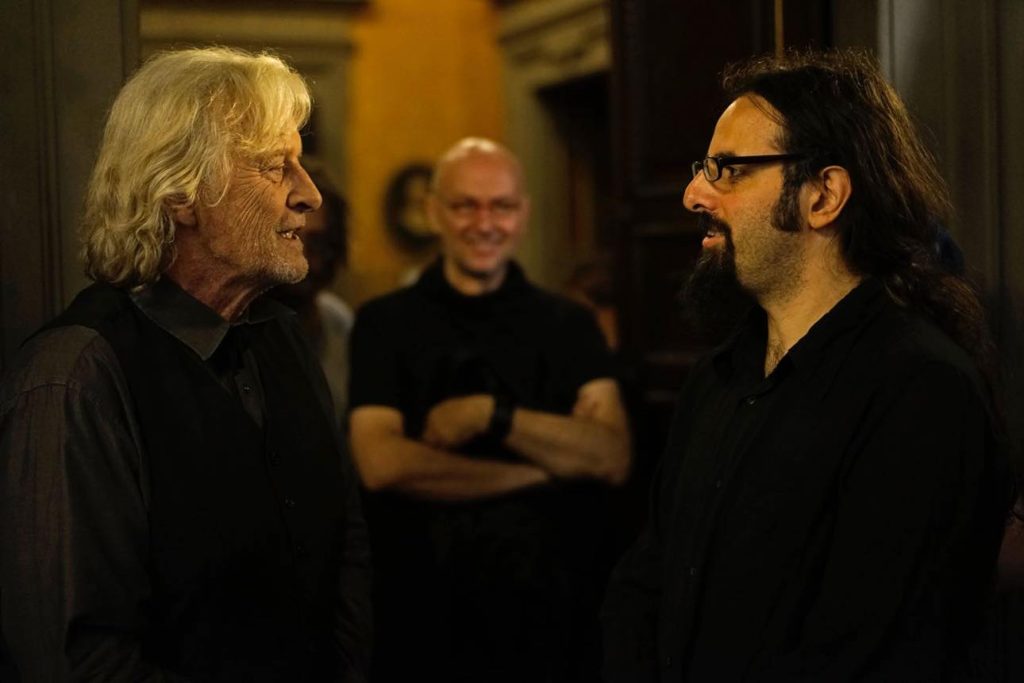
– How do you imagine cinema in 100 years?
I imagine a cinema that will be even more immersive—blurring the lines between reality and fiction through new technologies. But I also hope that in 100 years, we haven’t lost the essence of cinema: its soul. I believe the future of cinema lies in its ability to create emotional and existential experiences, not just sensory ones. If we preserve that, cinema will still be a mirror, a memory, and a dream.
– What is your impression of WILD FILMMAKER?
WILD FILMMAKER represents exactly the kind of space cinema needs right now: one that values boldness, experimentation, and authenticity. It celebrates the raw, unfiltered voice of directors who aren’t afraid to challenge norms. It’s a platform that gives breath to visions that might otherwise remain unheard.
